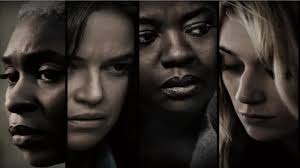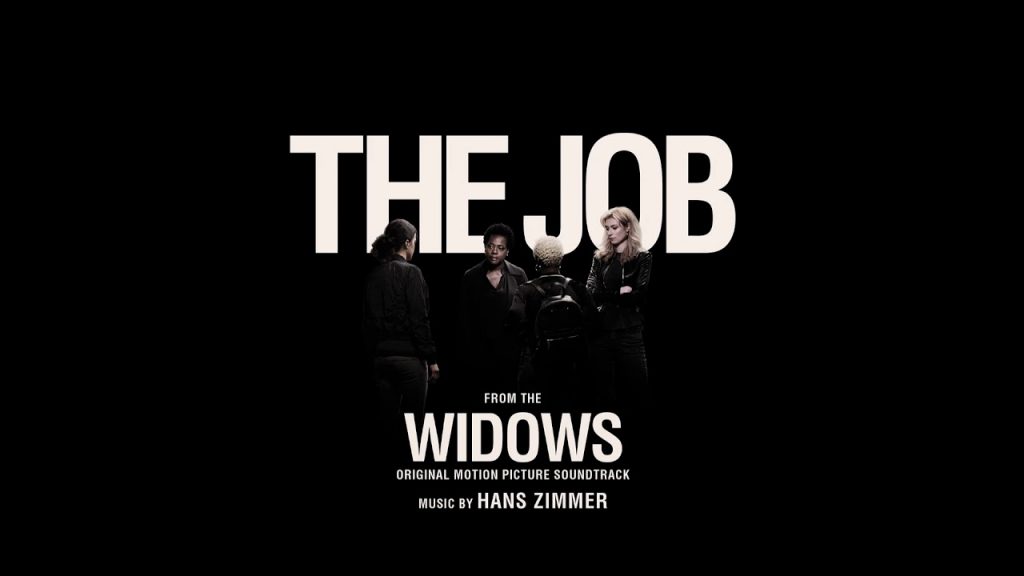Few movies can tackle complicated themes in a film about a heist. Windows does, portraying a world it refuses to apologise for. Christian Tesfaye award 9 out of 10 stars.
Heist movies are usually bad, but when they are good, they hit the sweet spot. Widows, featuring a plethora of stars, is one of those movies. Juggling politics and themes of revenge and loss, the film is like no other in taking us through four women’s determination to change their lot by stealing five million dollars.

At the centre of the story is Veronica (Voila Davis, the first hint that there is a lot of crying in this movie) whose husband (Liam Neeson) is killed after a robbery gone horribly wrong. She does not get to mourn him for long though.
Her husband was stealing from a crime boss that is currently running for local office before he perished with his partners and the money in an explosion. Now the crime boss wants Veronica to pay for her husband’s deeds by liquidating all her property. Alone and without networks, she has no other option but to comply – until she gets hold of a notebook that details a plan to steal five million dollars from the leading candidate in the race that the crime boss is running in.
The best feature of the movie is that there is always something going on. There is not a single scene that is unnecessary, every piece and dialogue contributes to what is an intricate story of politics meshed in with character studies of individuals at the lower end of the economic and political rung.
This reminds me of The Wire, by far the greatest TV show ever made. It is a movie where there are no good guys not really. just people trying to get by with what they can. In the middle of personal emotions and aspirations, and crimes and drugs is politics trying to sustain itself with whatever oxygen is available.
No one gets to win in the end in the sense that everyone leaves that experience corrupted. True, some will walk away with some money and others will either die or go to prison. But there is no lesson in the end – things just are.
Widows presents us with moral characters that are trying to get ahead in life by abiding by the law. By the second act, it explains that these women will never get anywhere in this world where crime bosses and corrupt politicians rule. In the third act, it makes it clear that, indeed, the meek will not inherit the Earth – not this one anyways.
If we want something, then we must take it, even if it means having to get a little dirty in the process, the film seems to be saying.
An unjust universe has been in the mind of Steve McQueen, the director of this movie, for some time. His previous film, the critically acclaimed 12 Years a Slave, too was concerned with a similar theme, although it was set in an entirely different era.
It is a pity that this is McQueen’s first film to come out in half a decade. But there is some solace to be found in that every movie he makes has thematic and character detail. This is not to mention his visual mastery, although this was more obvious in 12 Years than Widows, the latter of which gets a more natural and simpler visual treatment.
McQueen co-wrote this film with Gillian Flynn, another pessimist, who gave us the likes of Gone Girl and Sharp Objects. It was evident that their collaboration will not give us a feel-good flick but a sharp-witted, unrelenting study of loss, inequality, race relations and the human instinct to survive at all costs.

